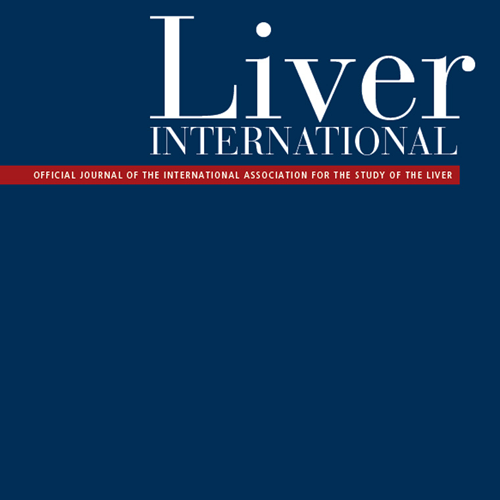Summary
Egypt used to have one of the highest prevalences of HCV infection worldwide. The Egyptian Ministry of Health launched a national campaign for the detection and management of HCV to reduce its burden. This study aims to carry out a cost-effectiveness analysis to evaluate the costs and benefits of the Egyptian national screening and treatment programme. A disease burden and economic impact model was populated with the Egyptian national screening and treatment programme data to assess direct medical costs, health effects measured in disability-adjusted life years and the incremental cost-effectiveness ratio. The scenario was compared to a historical base case, which assumed that no programme had been conducted.

